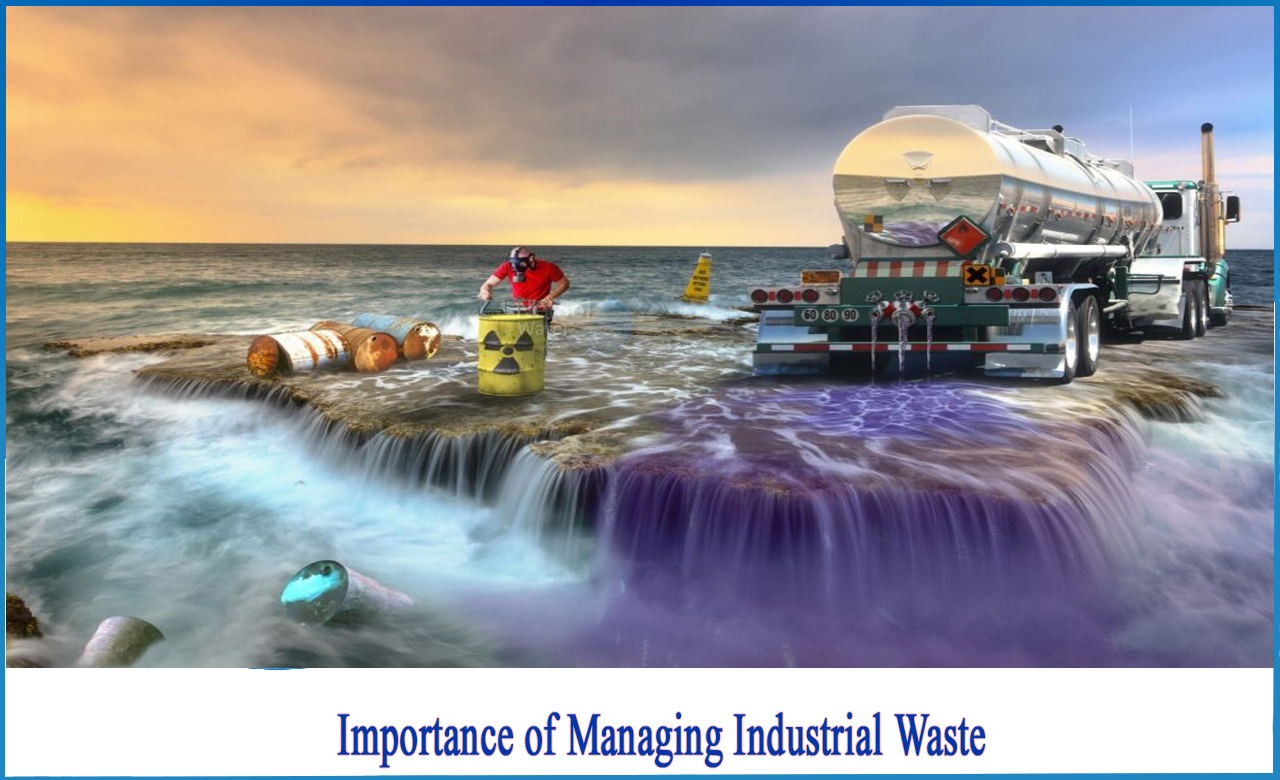How Reclaim Waste can Save You Time, Stress, and Money.
Table of ContentsReclaim Waste Things To Know Before You Get ThisThe 2-Minute Rule for Reclaim WasteThe Definitive Guide for Reclaim WasteReclaim Waste Fundamentals ExplainedThe Greatest Guide To Reclaim Waste
Explore the kinds, occurrences, and kinds of liquid waste. Residential sewage waste describes the waste and products from a household septic storage tank. This kind of waste is produced by humans in residences, schools, and various other buildings. This only consists of septic tanks that have a drainpipe area. The appropriate management and disposal of domestic sewer waste need fluid waste to be transferred to a sewer therapy plant where the appropriate approaches and equipment are related to detoxify and take care of waste.
Business waste often includes prospective threats, such as flammable materials or a blend of fluid and strong waste items, and requires a much more sophisticated and thorough disposal procedure. The disposal of commercial waste usually entails the filtration of waste before transportation to guarantee risk-free and correct disposal. Hazardous waste is created from by-products and drainage of industrial processes and production.
This type of waste can not make use of the very same sewer management transportation or processes as septic or commercial liquids. The hazardous waste management process requires the inspection and testing of liquid waste prior to it undertakes the disposal procedure (liquid waste disposal melbourne). Overflow waste is the liquid waste that originates from drainage and excess stormwater in very booming locations or cities
Drainage waste can trigger contamination and flooding if not managed appropriately. Find out more regarding sewer cleaning and waste monitoring. Making certain correct waste monitoring can stop catastrophes and decrease environmental injury. Both people in domestic settings and specialists in industrial or production industries can profit from understanding the procedures and regulations of fluid waste administration.
The Greatest Guide To Reclaim Waste
Get in touch with PROS Providers today to learn more about our waste administration and disposal solutions and the correct methods to look after the liquid waste you create.
Do you understand what happens to your water when you draw the plug, flush the commode or drain the washing maker? No? Well, it's worth understanding. This so-called 'wastewater' is not only an important source however, after treatment, will certainly be released to our land, waterways or the ocean. Utilized water from toilets, showers, bathrooms, kitchen sinks, washings and industrial processes is recognized as wastewater.

water made use of to cool machinery or tidy plant and equipment). have a peek at this website Stormwater, a type of wastewater, is overflow that streams from farming and urban locations such as roofs, parks, gardens, roadways, courses and gutters right into stormwater drains pipes, after rain. Stormwater streams untreated directly to regional creeks or rivers, eventually reaching the ocean.
The smart Trick of Reclaim Waste That Nobody is Discussing
In Queensland, the majority of wastewater is treated at sewer therapy plants. Wastewater is carried from domestic or industrial sites via a system of drains and pump terminals, called sewerage reticulation, to a sewage treatment plant. Local governments build, maintain and run most sewer therapy plants. Operators are certified under the Environmental Security Act 1994 to release treated wastewater at an acceptable environmental standard right into rivers.
The Division of Natural Resources encourages city governments concerning handling, operating and preserving sewerage systems and therapy plants. In unsewered locations, regional governments may need householders to mount specific or home sewage therapy systems to treat residential wastewater from bathrooms, kitchen areas, restrooms and washings. The Department of Natural Resources authorizes using household systems when they are proven to be reliable.
In some new class, therapy of some stormwater to remove clutter, sand and gravel has actually started utilizing gross toxin traps. Wastewater therapy takes place in four phases: Removes solid issue.
Wastewater then streams right into large containers where solids settle and are eliminated as sludge. Oil and scum are skimmed from the surface. Makes use of tiny living organisms recognizes as micro-organisms to break down and remove staying liquified wastes and great particles. Micro-organisms and wastes are incorporated in the sludge. Eliminates nitrogen and phosphorus nutrients that can create algal blooms in our waterways and endanger marine life.
Reclaim Waste Can Be Fun For Anyone
Nutrient elimination is not offered at all sewage treatment plants due to the fact that it needs expensive specialized equipment. Clear liquid effluent created after treatment may still have disease-causing micro-organisms - liquid waste disposal melbourne.

A lot of wastewater flows into the sewage system. Under the Act, regional governments provide authorizations and licences for eco appropriate tasks (ERAs) entailing wastewater releases that may have a neighborhood effect.
Reclaim Waste Fundamentals Explained
Tracking supplies accurate info regarding water high quality and can verify that licence conditions are being met. The information obtained through monitoring provides the basis for making water quality decisions.
Comments on “An Unbiased View of Reclaim Waste”